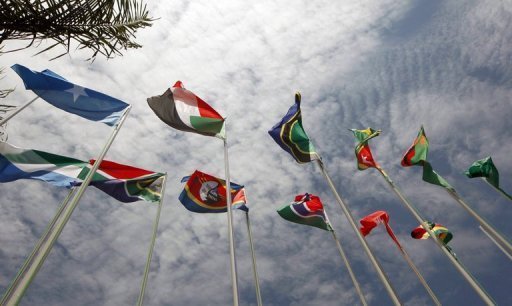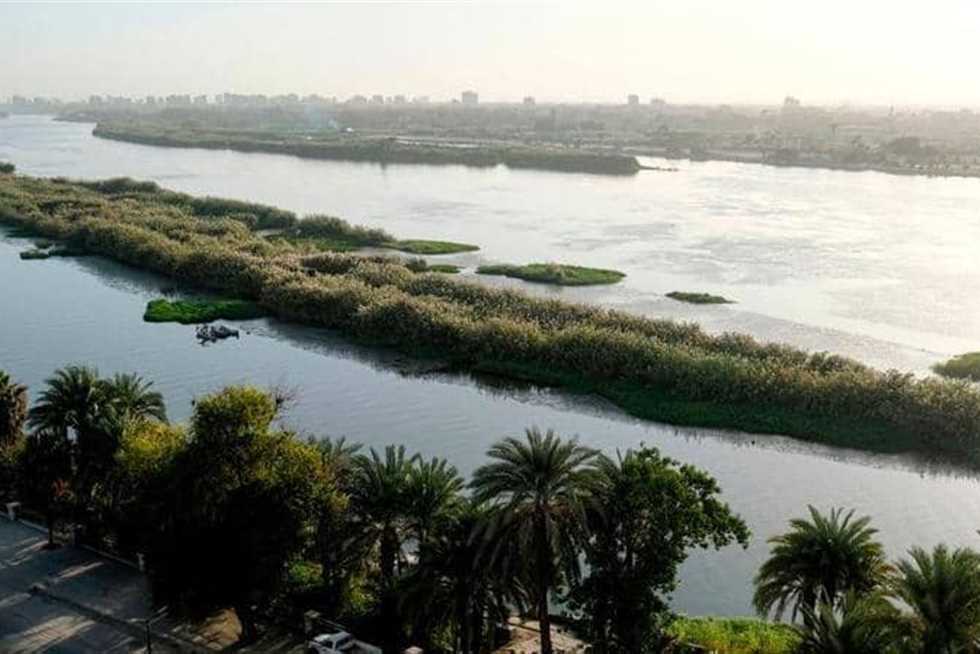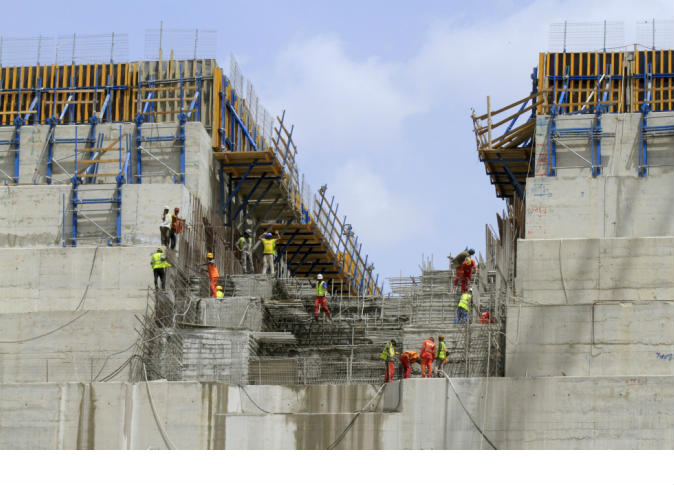Experts in African and international affairs agree that Egypt should adopt a policy based on cooperation with southern Sudan, so that if secession takes place Egypt’s historical Nile water quota is safeguarded.
Experts’ opinions differed on the likely impact of the separation of southern Sudan on that quota, however. While some said it will not be impacted by secession, others said an increase in the number of Nile Basin countries will ultimately have an affect.
Egypt fears secession could endanger its current share of 51 billion annual cubic meters of water. Due to the 1959 Nile Water Agreement with Sudan, Egypt receives the lion's share of Nile water. Sudan, the next largest recipient, claims 18 billion cubic meters.
Egypt says all Nile Basin countries must approve any initiatives involving the Nile so as to not affect respective shares, according to the 1929 and 1959 agreements.
Maher Shabaan, a professor of modern and contemporary history, said Egyptian foreign policy should be reviewed to accommodate the likely birth of a new neighbor.
Egypt should focus its efforts on both developing southern Sudan and keeping strong relations with the north.
Mohamed Shaker, head of the Egyptian Council for Foreign Affairs, an independent civil body, said Egypt should cooperate with authorities in the south.
He also said however that he doesn’t expect secession to have negative repercussions on Egypt’s internationally recognized Nile water quota, and expects southern Sudan to respect it.
Southerners in Sudan are heading to ballot boxes on Sunday for the referendum on independence, amid strong indications that the choice will be separation.
Al-Masry Al-Youm received news that a rumored name–"The Republic of the Nile"–for the new state raised some tension between Cairo and Juba, the capital of southern Sudan.
Sudanese sources revealed that Egypt categorically rejected the inclusion of the name of the Nile in names being put forward for the launch of the new state.
Translated from the Arabic Edition.




